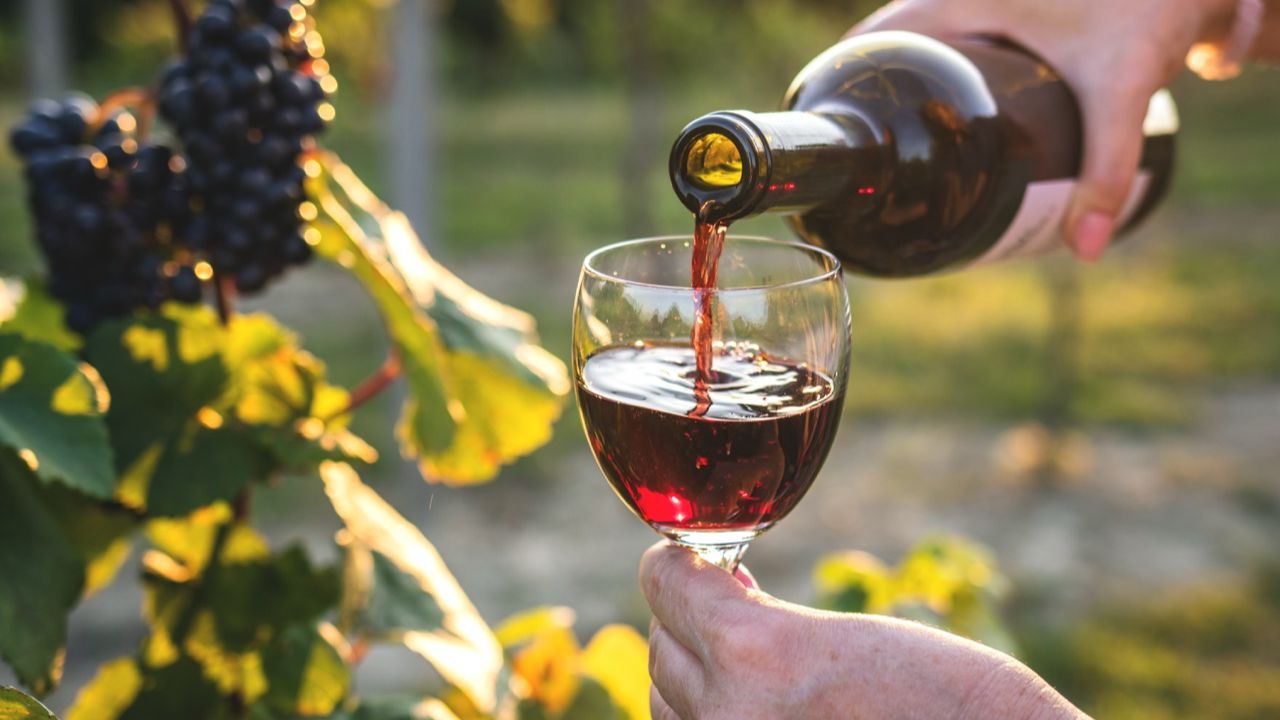Organic Wine: Is it Really Worth All the Hype?
Mar 04, 2025
Why are wine lovers ditching mass-produced bottles for organic and biodynamic wines? It’s not just about sustainability—organic wine tastes better, feels better, and does better for the planet. Unlike the chemically-laden shortcuts of conventional winemaking, these wines celebrate tradition, terroir, and time. Let’s explore why organic wine is worth the investment—and why that $10 grocery store bottle might cost more than you realize.
The Chemical Cocktail of Mass-Produced Wine
Pick up a conventional bottle from the supermarket, and you’re getting more than just fermented grapes. Mass-produced wines—churned out for efficiency and consistency—are often loaded with additives like:
- Commercial Yeasts & Enzymes: Lab-created to rush fermentation and control flavor, bypassing the slow magic of wild yeasts.
- Mega Purple: A grape dye that fakes depth and sweetness in cheap reds, masking their lack of character.
- Excessive Sulfur Dioxide (SO₂): Added to extend shelf life but can trigger headaches and allergies in high doses.
- Oak Chips & Tannin Powder: Mimics barrel aging without the time or cost, sacrificing real complexity.
- Fining Agents: Synthetic chemicals or animal-derived filters (like fish bladder or gelatin) to clarify the wine.
Organic and biodynamic wines? They skip the chemical cocktail, letting the grapes’ true character shine through minimal intervention.
The Time and Art of Organic & Biodynamic Winemaking
Great wine isn’t rushed. Organic and biodynamic winemakers take a patient approach rooted in soil health and balance:
- Natural Fermentation: Wild yeasts create unique, site-specific flavors—no lab shortcuts here.
- No Synthetic Chemicals: Organic vineyards ditch pesticides and herbicides, keeping the soil alive and vibrant.
- Minimal Intervention: Fewer additives mean the vintage and vineyard conditions take center stage. Each bottle showcases a specific place and time along with the craft of the winemaker. While vintages may differ in their outcome, you still wind up with a delicious wine and an appreciation for the great vintages.
- Aging the Right Way: Real barrel or amphora aging develops complexity, not oak chips or tannin dust.
A winemaker who respects the land knows quality comes from time—not tricks.
How You Feel: Organic Wine vs. Conventional
Ever blamed a wine headache on “one glass too many,” only to realize it’s the additives talking? Many notice a stark difference after drinking mass-produced wine versus organic or biodynamic options.
Cheap wine’s high sulfur dioxide, residual pesticides, and artificial extras can leave you dehydrated, inflamed, or sluggish the next day. Organic and biodynamic wines, with lower sulfites and cleaner ingredients, often mean fewer regrets. Your body feels the purity—and so do your taste buds.
The Environmental Cost of “Cheap” Wine
That $10 bottle may seem like a steal, but its hidden environmental costs are steep:
- Soil Degradation: Conventional vineyards lean on monoculture and chemicals, stripping the soil and polluting groundwater.
- Lost Biodiversity: Native plants and wildlife suffer, while biodynamic farms integrate animals and cover crops to thrive.
- Carbon Footprint: Mass production and global shipping rack up emissions—sustainable winemakers prioritize local and eco-friendly practices.
As Alice Feiring writes in Natural Wine for the People, truly natural wines work with nature. Biodynamic producers follow lunar cycles, use compost teas, and regenerate the land over time. Cheap wine’s price tag doesn’t account for that.
The True Value of Organic & Biodynamic Wine
Yes, organic wines might cost $20 instead of $10—but that extra $10 buys you:
✅ Higher-quality grapes grown without toxic chemicals
✅ A wine that reflects its unique terroir
✅ A cleaner, natural fermentation process
✅ A healthier experience for your body and the planet
Compare that to conventional wine’s hidden toll: pesticide runoff, depleted ecosystems, and a hangover you didn’t sign up for. Investing in organic or biodynamic isn’t just about taste—it’s about craftsmanship and conscience.
Where to Start?
Ready to explore? Look for small producers and labels certifying organic or biodynamic practices (like Demeter, USDA Organic, or EcoCert). Visit wine shops specializing in natural wines, and don’t hesitate to ask questions. I can promise you the vast majority of wine professionals want to make it approachable and love helping people discover new bottles. Their knowledge is your gain!
Next time you raise a glass, let it be one that tells a story—of vibrant soil, patient craft, and grapes as nature intended. Here’s to better wine and a better world. Cheers! 🍷
Stay connected with the latest posts, recipes & events!
Join our mailing list to receive the latest news and updates.
Don't worry, your information will not be shared.
We hate SPAM. We will never sell your information, for any reason.

